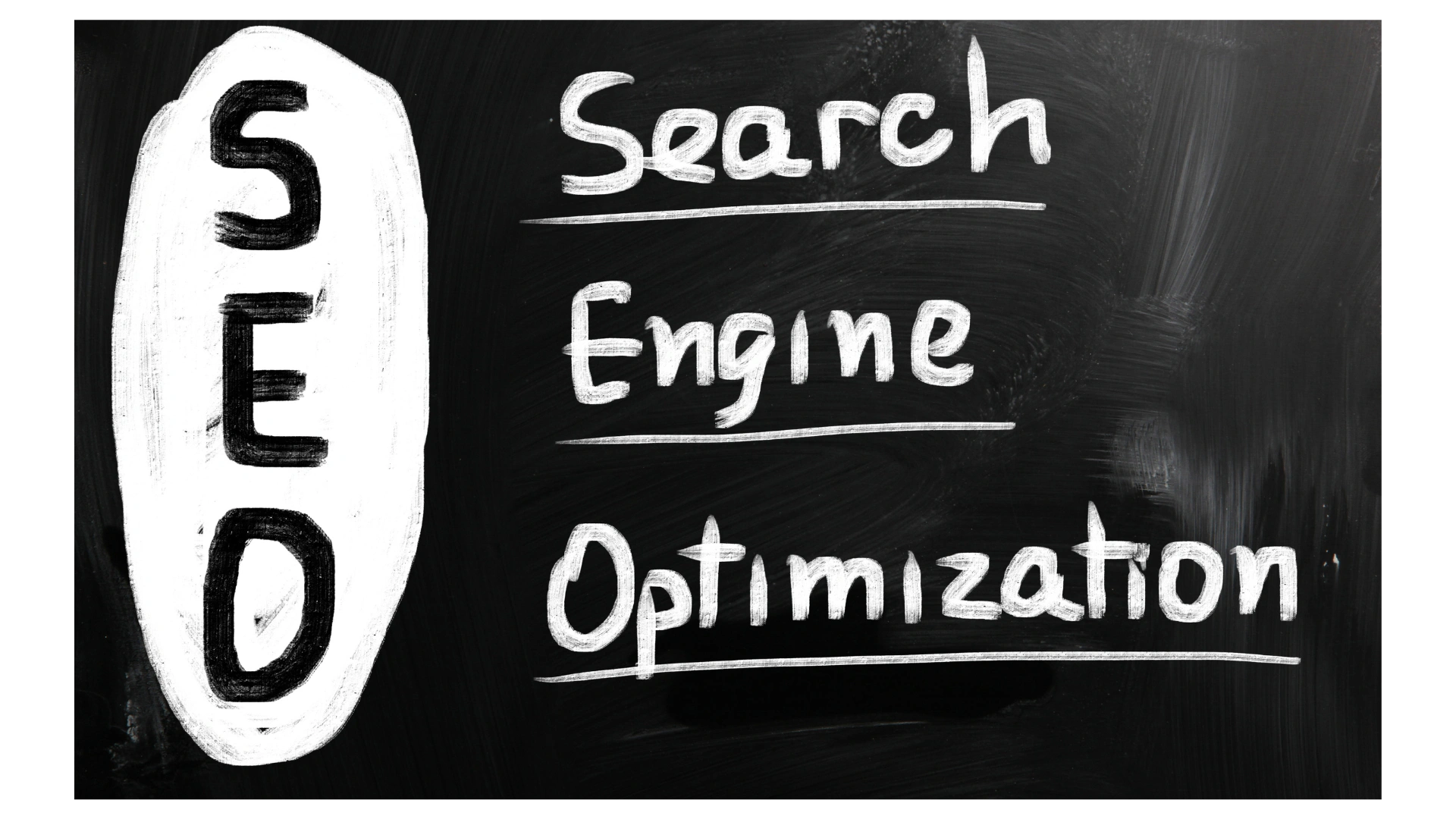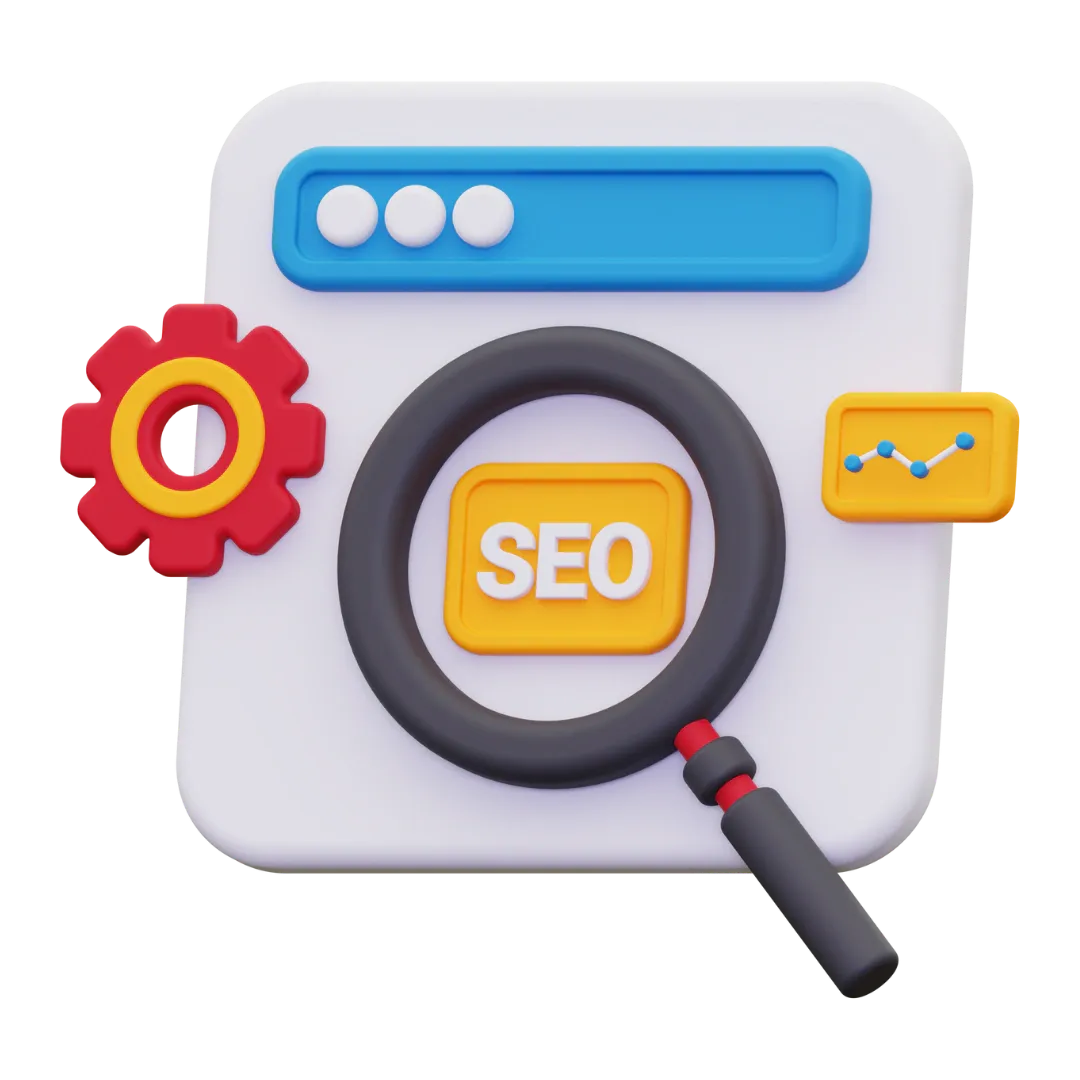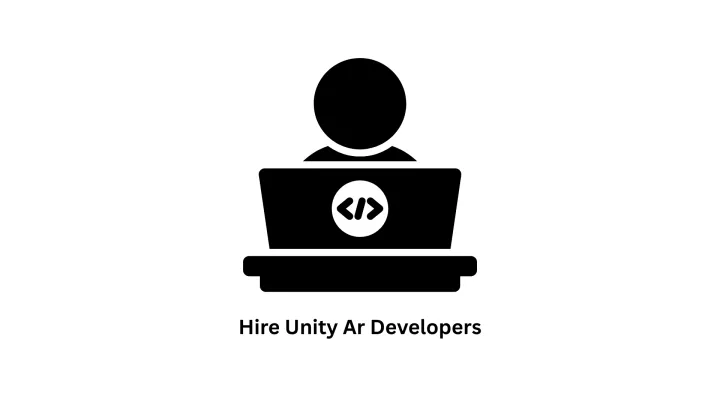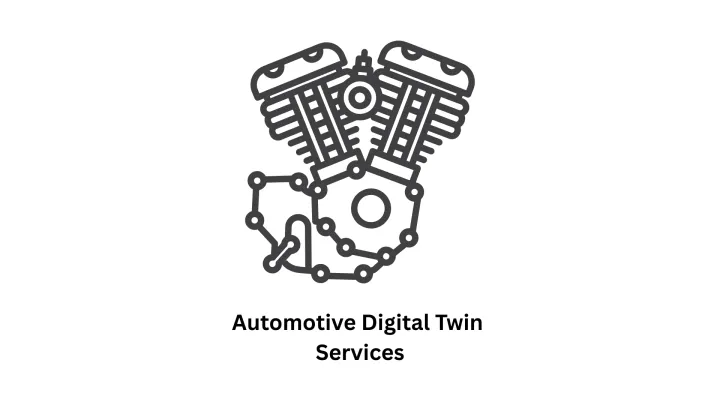Demystifying DIY SEO: A Beginner's Guide to Optimizing Your Website

Search Engine Optimization (SEO) can feel like a mysterious art, but it doesn't have to be. By understanding the fundamentals and taking a hands-on approach, you can boost your website's visibility in search engine results pages (SERPs) and attract more organic traffic. In this guide, we'll break down the basics of DIY SEO, offering actionable tips and strategies you can implement right away.
What is SEO and Why Does It Matter?
SEO is the process of optimizing your website to rank higher in search engine results like Google or Bing. Why is this important?
- Increased Visibility: The higher you rank, the more people will see your site.
- Organic Traffic: SEO drives free, targeted traffic to your site, unlike paid advertising.
- Credibility: Users often trust higher-ranking sites more.
DIY SEO: A Step-by-Step Guide
- Keyword Research:
- Identify the words and phrases your target audience uses to search for information related to your content.
- Use keyword research tools like Google Keyword Planner or SEMrush to discover relevant terms.
- Choose a mix of high-volume (competitive) and low-volume (niche) keywords.
- On-Page Optimization:
- Title Tags: Use your target keywords in the title of each page.
- Meta Descriptions: Write concise and compelling summaries of your page content.
- Header Tags (H1, H2, H3): Organize your content with headers containing keywords.
- Content: Create high-quality, informative, and engaging content that incorporates your keywords naturally.
- Image Optimization: Use descriptive filenames and alt text for images.
- Internal Linking: Connect related pages within your site.
- Technical SEO:
- Mobile-Friendliness: Ensure your site looks and functions well on mobile devices.
- Page Speed: Optimize your site to load quickly.
- Secure Connection (HTTPS): Enable HTTPS to protect user data.
- Sitemap: Create and submit a sitemap to help search engines crawl your site.
- Content Creation:
- Blogging: Publish regular blog posts with valuable, keyword-rich content.
- Visual Content: Include infographics, videos, or images to enhance your content.
- Social Media: Promote your content on social channels to drive traffic.
- Link Building:
- Quality Backlinks: Earn links from reputable websites to boost your authority.
- Guest Blogging: Write for other blogs and link back to your own site.
- Social Signals: Engage on social media to increase shares and mentions.
When to Consider Professional SEO Services
If you find DIY SEO overwhelming or need more advanced strategies, consider working with an experienced SEO company like Associative. We specialize in SEO, web development, e-commerce, mobile app development, and more. Our team can create a tailored SEO strategy to help you achieve your business goals.
Conclusion
SEO is an ongoing process, but by starting with these basic steps, you can make significant improvements to your website's ranking and visibility. Remember, consistency is key! Keep creating valuable content, monitoring your progress, and refining your strategies to stay ahead of the curve.
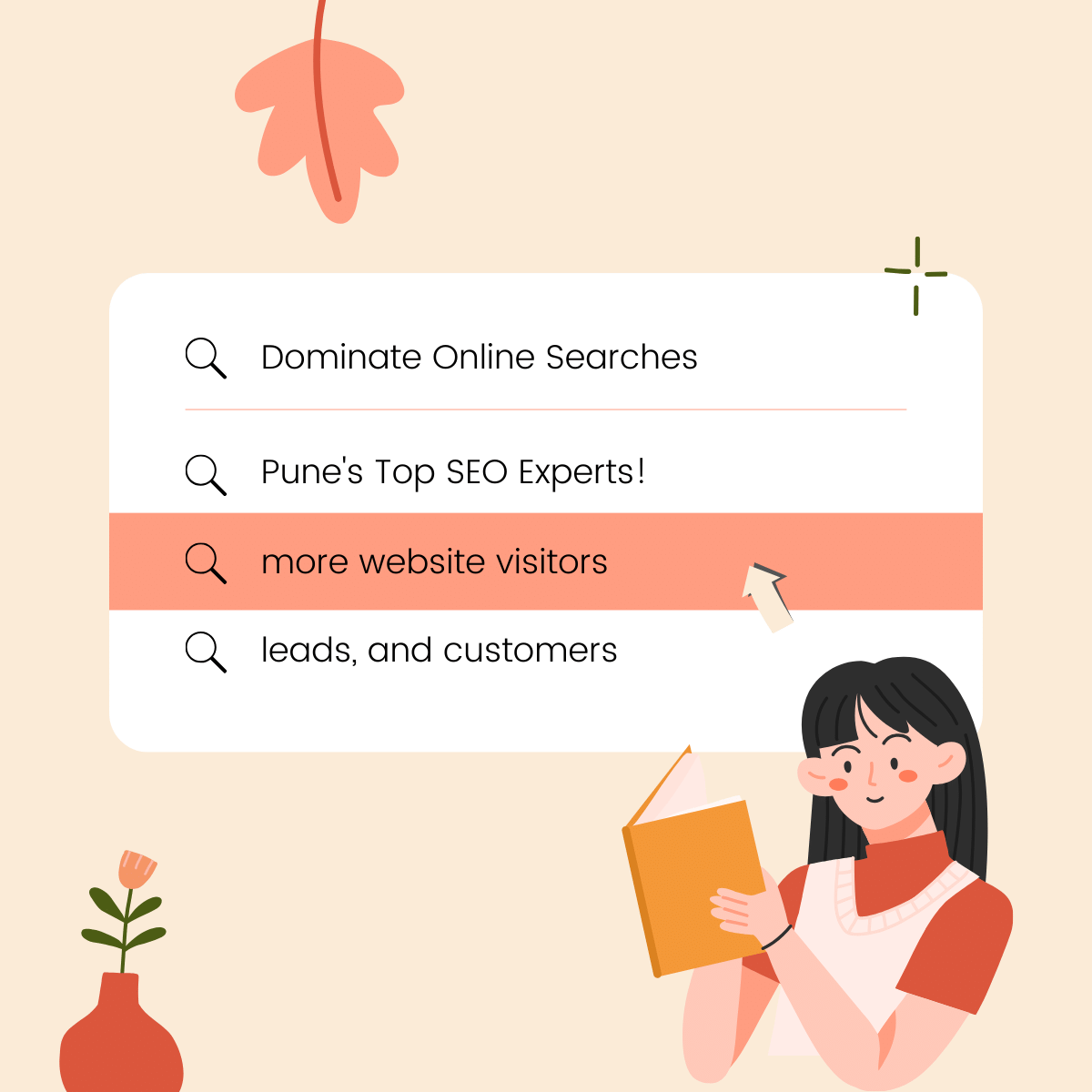
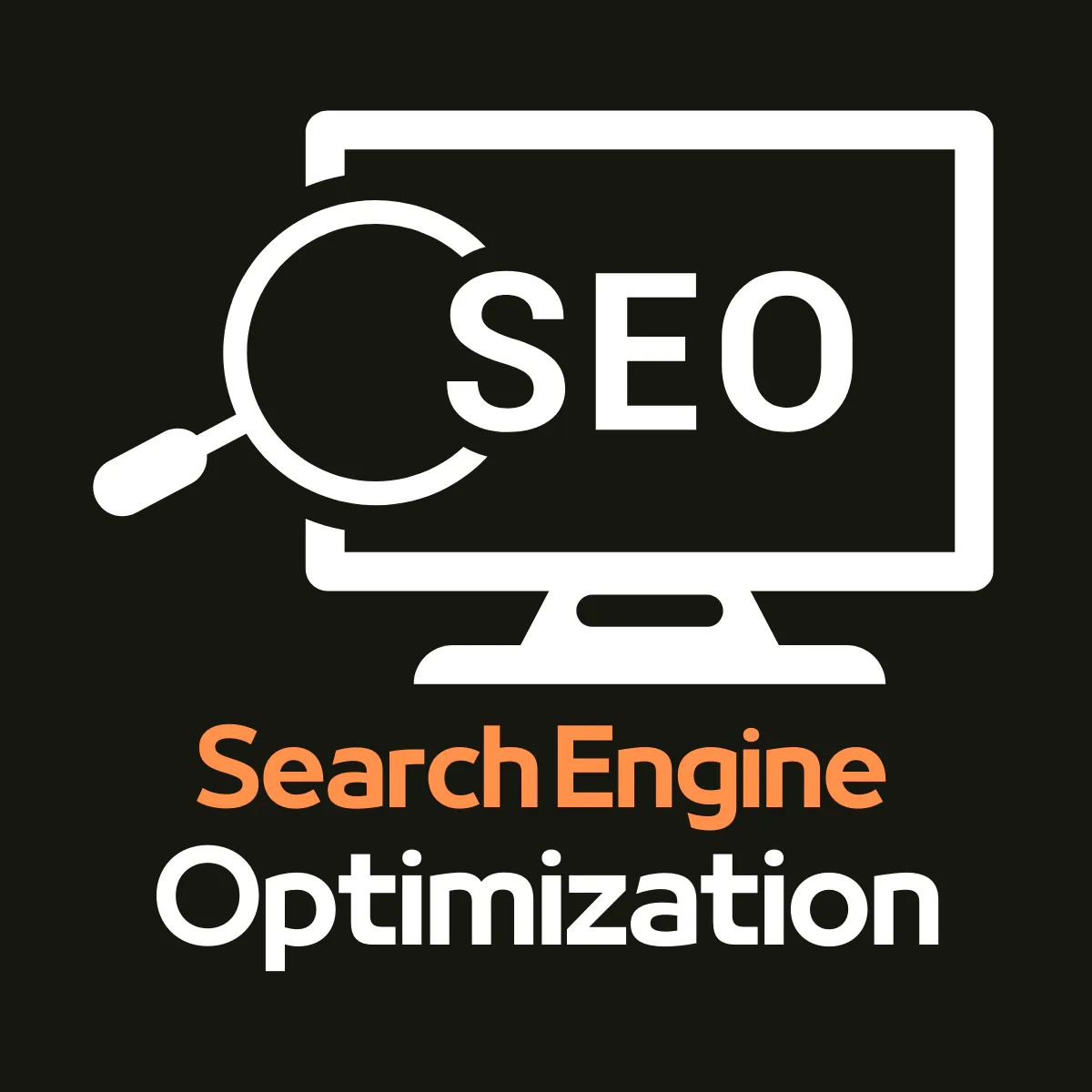
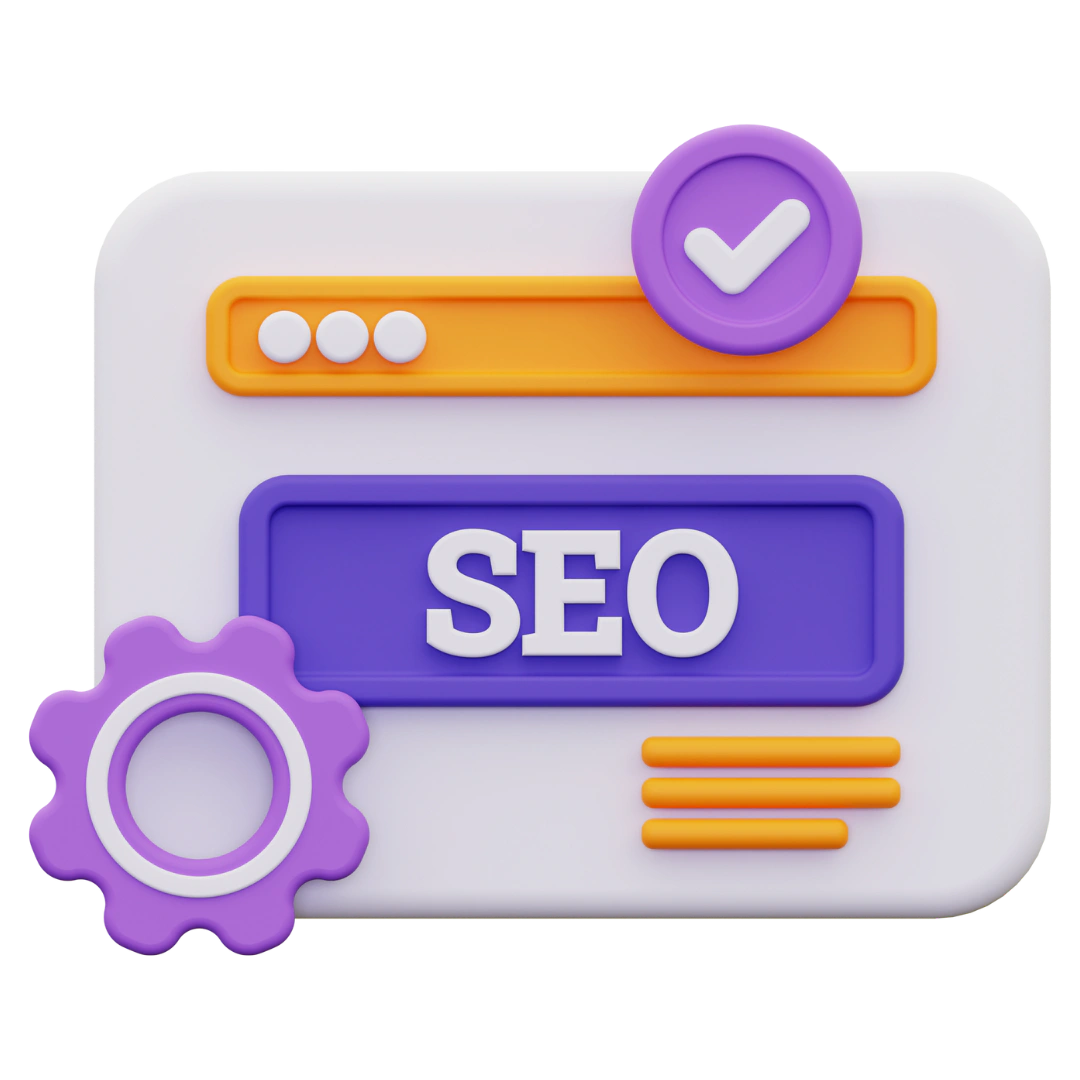
To learn more, consider reading other articles, blogs, and stories in this area.


